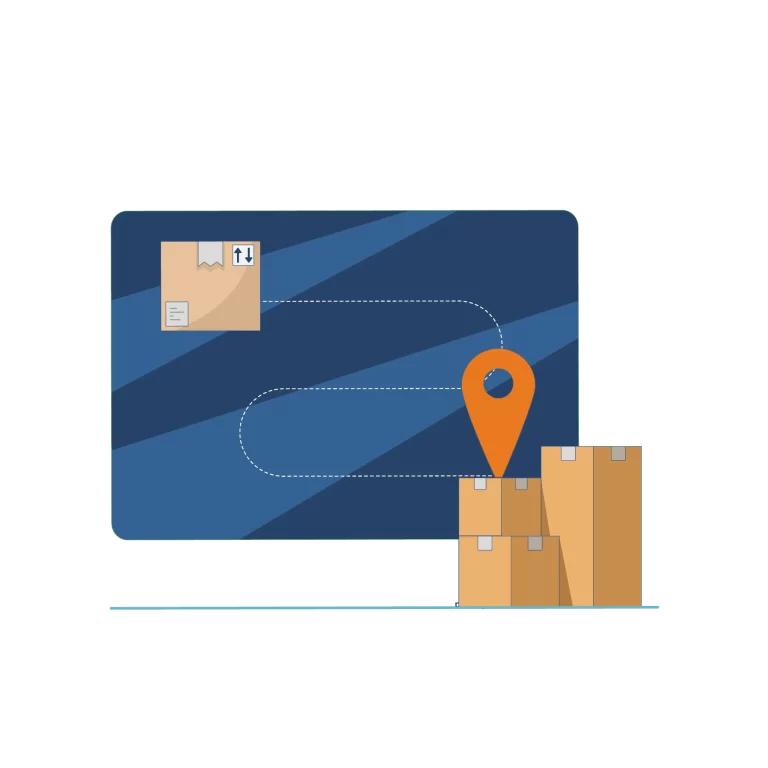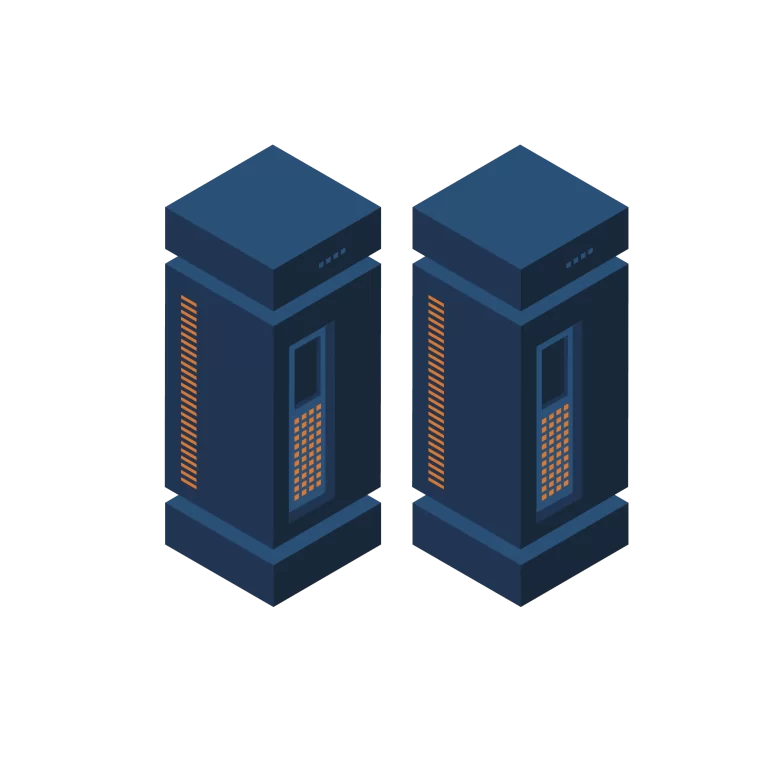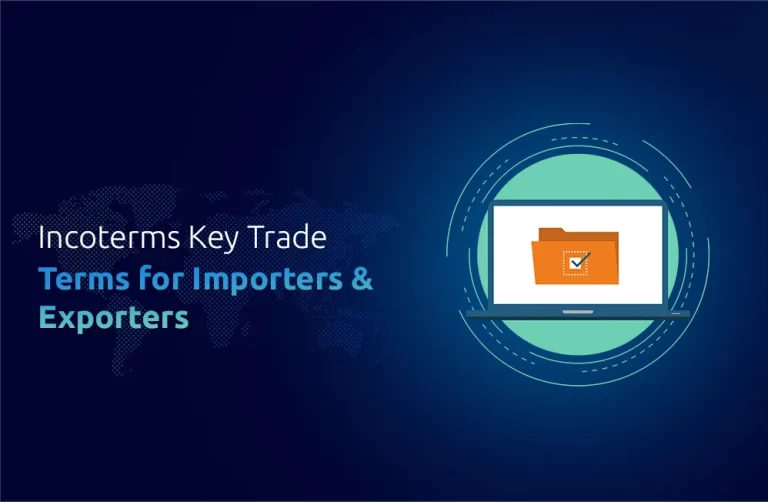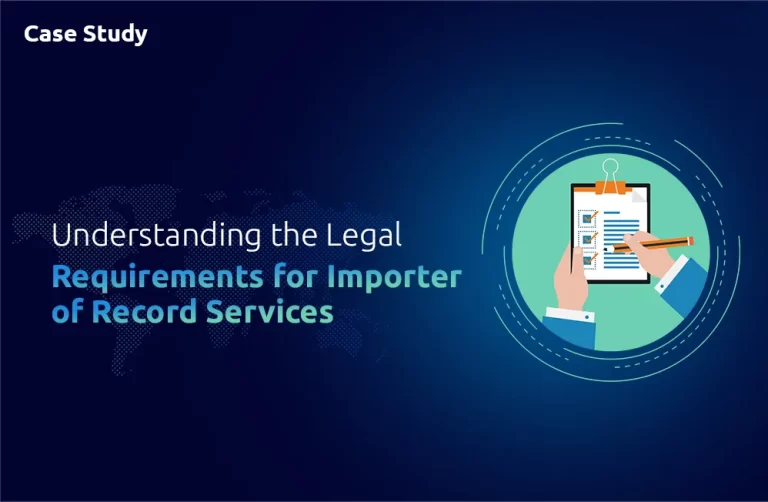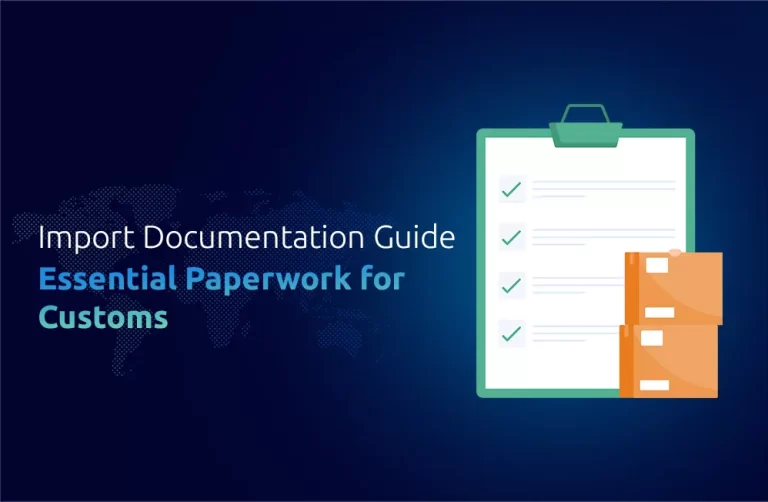Key Responsibilities of an IOR in the Republic of the Congo
The Importer of Record responsibilities in the Republic of the Congo include: Ensuring compliance with HTS harmonized tariff codes and harmonized system codes (HS Code). Submitting all import documentation and certifications. Paying import duties, tariffs, and applicable local taxes. Acting as the official consignee for customs clearance. Coordinating with customs brokers and freight partners. Managing product classification under international Incoterms, including DAP and DAPS conditions. In a market where regulatory delays are common, having a competent IOR helps reduce risk and ensures the timely delivery of sensitive or high-value shipments.
Key Hubs Supporting Importer of Record in the Republic of the Congo
The Republic of the Congo’s IOR system is assisted by a few major logistics hubs: Port of Pointe-Noire, the country’s biggest and busiest seaport, critical for ocean freight and containerized cargo. Maya-Maya International Airport (Brazzaville): Plays a central role in air forwarding and express shipment, especially for IT and medical equipment. Brazzaville and Pointe-Noire Free Zones: Offer warehousing and tax-friendly environments for importers under special customs regimes. These hubs are integral to the country’s freight forwarding network and allow quick clearance through exact coordination with cargo freight forwarders.
Why Use an Importer of Record in the Republic of the Congo
International companies, specifically those unfamiliar with Congolese laws, benefit hugely from an IOR service.
Here’s why:
Faster Time-to-Market: Avoid delays by depending on trusted local businesses to manage documentation, HTS classifications, and customs interactions.
Compliance Assurance: The IOR confirms the accurate use of the Generalized System of Preferences (GSP) when applicable, helping reduce import costs.
Risk Mitigation: Reduces exposure to fines or seizures due to incorrect declarations or missing paperwork.
Efficient Logistics Coordination: Works closely with freight forwarding companies and helps align imports with Incoterms for smooth DDP or DAP deliveries.
Insights of IT, Aviation, Medical, and Automotive Industry in the Republic of the Congo
IT Sector: Demand for secure networks and server equipment is rising. Companies often import specialized devices that must be cleared swiftly with the help of an IOR experienced in HS codes for tech.
Aviation: Aircraft parts and maintenance tools fall under strict classification codes. An IOR ensures compliance with aerospace tariff rules.
medical equipment: From diagnostic machines to personal protection gear, these items require proper import licensing. A reliable IOR works in tandem with customs to meet health regulations.
automotive: The import of electric vehicles and spare parts is increasing. These often involve complex customs procedures, which an IOR is well-equipped to manage.
Conclusion
Using an Importer of Record in the Republic of the Congo is necessary for guiding difficult customs procedures and confirming regulatory approval. If you’re entering the IT, aviation, medical, or automotive sectors, a trusted IOR simplifies shipment, reduces risk, and accelerates your market entry—all while aligning with global trade guidelines and practices.
DID YOU KNOW?
In 2020, the estimated GDP per capita in the Republic of Congo was about 2,293.99 US dollars. GDP is the total value of all goods and services produced in a country in a year. It is considered a very important indicator of the economic strength of a country and a positive change is an indicator of economic development.

